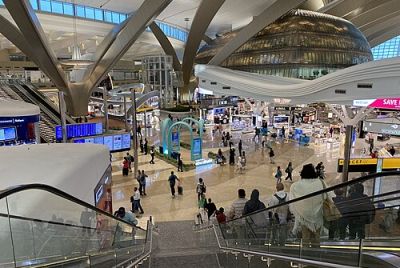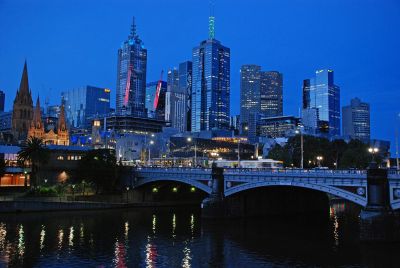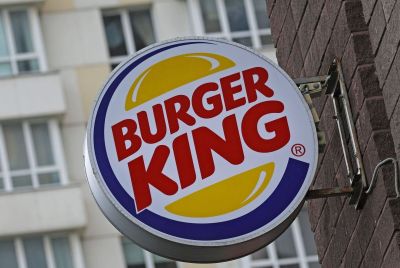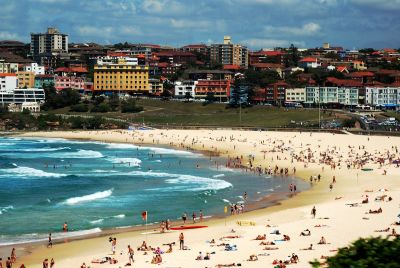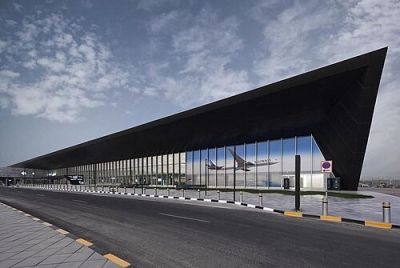Rugby World Cup Could Deliver Over $1B to New Zealand
The outlook is great for any country in which an international sporting event is about to take place, but in New Zealand, the outlook could mean US$1.8 billion in spending during the event and a lasting boost for tourism and other revenue channels.
The Rugby World Cup in New Zealand could mean great thrills and a happy screaming mood to the locals, but for business, it could potentially yield up to US$654 million in various expenses by the international guests, and up to US$1.2 billion in the long term from tourism revenue, says MasterCard Worldwide.
The Rugby World Cup is expected to attract 95,000 international visitors.
Research commissioned by MasterCard, a sponsor of the World Cup, found that sales from international guests could total US$654 million, including spending in bars, shops, attractions and marketing expenses by organisations around matches.
But the longer-term impact from the tournament, including increased tourism, civic sponsorship and business development, was estimated at US$1.2 billion.
A researcher at the Centre for the International Business of Sport at Coventry University in Britain, which prepared the report, said the tournament would be at a level beyond its predecessors.
"This tournament will be like no other. It will attract stronger-than-ever interest across the world, which will in turn boost commercial interest in and activity around the event," said researcher Dave Arthur.
Scheduling across different nights with gaps between some major matches was likely to result in huge global television audiences, the report noted.
"Later-than-traditional kickoff times coupled with increased halftime intervals will likely result in a higher advertising spend amongst brands and companies," it said.
The direct impact to the economy could be US$344 million when taking into account "substitution effects and time switching," the report said.
The estimated global television audience for the 48-match tournament was 4.2 billion people, compared with only 230 million in 1987.
"Rugby World Cups in particular tend to be different to other major events such as the FIFA World Cup or Olympic Games in that they tend to be more about the overall experience than attending individual matches," the report said, noting this is an opportunity for New Zealand to display its attractions.
Total ticket sales, including domestic sales, were expected to reach 1.35 million and generate revenue of US$224.5 million for the organisers of the tournament.
Rugby New Zealand 2011, however, has forecast the World Cup would end with a loss of about US$39 million.
IRB chief executive Mike Miller said the Rugby World Cup was one of the top three sporting events globally, and the largest this year.
"As the report underlines, it will drive significant economic activity around the globe and, in particular, in New Zealand, during the tournament and longer-term," Miller said.
We have no doubt the tournament will be spectacular and memorable. It is being contested in a nation that loves rugby and is ranked No 1 in the world, and [it] will be more competitive and unpredictable than ever."


